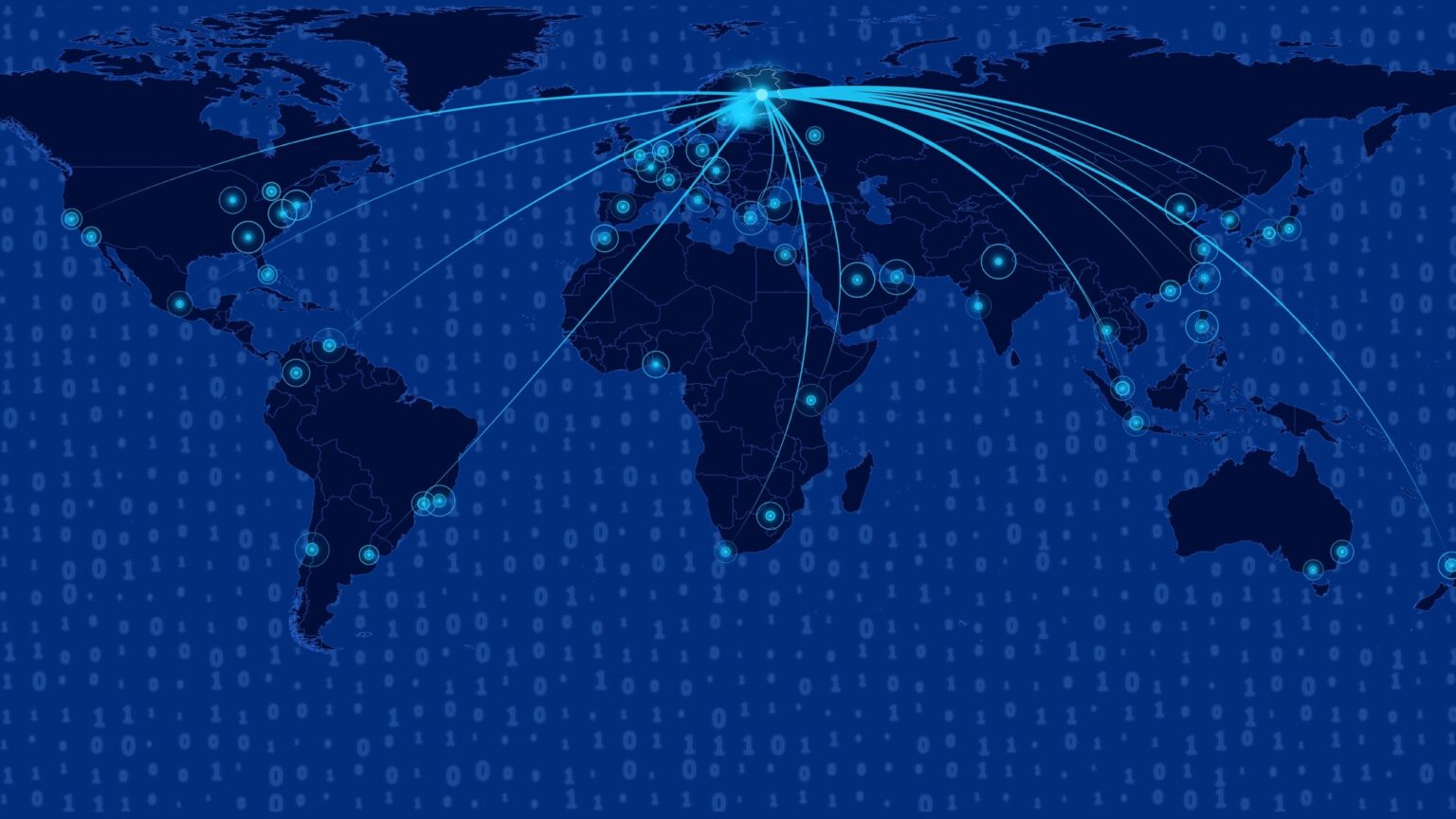Finland joins the race for metaverse supremacy and has released a strategy paper to guide the country in its quest to become a global leader in the metaverse industry within the next decade.
The strategy also outlines the country’s aspirations of becoming a global advocate for “digital rights and ethics in the metaverse,” an area still needing attention given cases of alleged abuse in the metaverse that have surfaced.
According to the roadmap, Finland’s focus is to cultivate fertile ground for startups and big companies to flourish, creating job opportunities and bolstering economic growth.
The strategy is expected to guide the country in implementing its five types of Metaverse in Action Programs namely business networks, technology enablers, metaverse society, metaverse health, and industrial metaverse.
Also read: LoL Streamer ‘Tyler1’ Slams Riot Developers Over Game Balance
The Finnish metaverse
Titled “Metaverse Initiative by the Finnish Ecosystem: Virtual Potential into Real-World Impact,” the strategy envisions Finland becoming a global metaverse leader by 2035. By then, the strategy also anticipates the metaverse’s annual turnover will top €30 billion, supported by an ecosystem estimated to have about 250 companies.
The country trails counterparts like the UK, China, Japan, and United Arab Emirates, which have already started to work on similar strategies.
According to Euractiv, while these other countries have already started working on their strategies, Finland’s becomes the first metaverse strategy from an EU member state.
The European Commission published its strategy in July and uses the term “virtual worlds” as the metaverse, which was seen as closely linked to social media giant Meta (formerly Facebook).
While there are several definitions proffered for metaverse, Finland’s metaverse strategy sees it to describe “various visions of virtual worlds that are immersive and experiential and that may ingrate elements of physical and digital worlds.”
Patrick Grady, editor at policy hub Metaverse EU, opines that the Finnish “definition of metaverse and not virtual worlds helps to clarify rather than confuse key elements of new immersive technology.”
“The metaverse is a new dimension of the internet, and we need a strategy that reflects its potential and diversity,” said Jani Vallirinne, metaverse strategy lead, University of Oulu and VTT Technical Research Centre of Finland.
“We are looking for partners who share our vision and want to create a metaverse strategy that is harmonious and impactful.”
Leaving no one behind
The strategy also focuses on inclusivity. Unlike in other instances where the metaverse field is dominated by one company or a few, the Finnish hopes for a “diverse and dynamic metaverse system” connecting different sectors, actors, and domains.” This should be done without losing sight of the importance of regulation, cybersecurity, and education.
Overall, the Finnish want a metaverse that is “inclusive and accessible for all people regardless of their background, location, or abilities, while supporting startups and investors with a regulatory and funding environment.”
“Together, we can build a better digital world for everyone,” said Vallirinne.
The country has also underscored the importance of familiarizing people with metaverse technology to “better educate the general public about new opportunities in the metaverse.” This forms part of the Metaverse in Action program.
Implementation of this includes making the metaverse accessible to everyone “in hubs, public libraries, or other public places.”
Furthermore, the strategy indicates that Finland’s educational system plays a significant role in this initiative, citing the current Smart City working group and Tampere University.
Collaborations
The metaverse strategy also emphasizes Finnish values, which include collaborating with other countries.
“Finland’s geopolitical position between the superpowers of the world allows it to balance its interests between different actors and regions and to create mutual trust in other countries,” reads part of the document.
Finland also boasts top companies in extended reality like Varjo, OptoFidelity, and Dispelix, while also being home to other crucial companies in the telecoms sector such as Nokia and Cinia. It is also known for innovation in gaming, mobile technology, and software, as well as its “legacy in photonics research and consumer electronics design, particularly XR technologies.”
This also forms the basis for collaborations among companies within the country.
The document highlights the importance of various stakeholders “tightly linked with the metaverse: software applications, networking technologies, advanced computing (including quantum technologies), artificial intelligence, fintech, gaming, and metaverse environments.”









 and then
and then